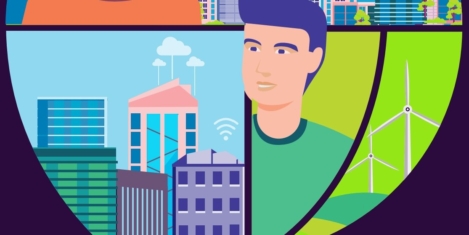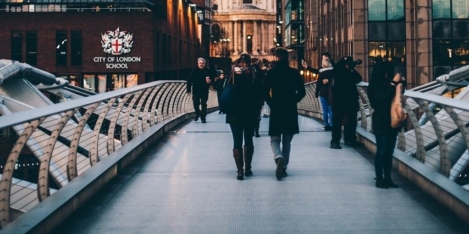July 30, 2020
People all over the world believe their cities should be smart and sustainable
 Today’s city living is falling short of citizens’ increased expectations in the digital age. This is according to a new report from the Capgemini Research Institute that explored responses from 10,000 citizens and over 300 city officials across 10 countries and 58 cities. It found that many citizens are frustrated with the current set up of the city in which they live and are prepared to show their opinion by leaving for a more digitally advanced city. On average, 40 percent of residents may leave their city in the future due to a variety of pain points including digital frustrations. (more…)
Today’s city living is falling short of citizens’ increased expectations in the digital age. This is according to a new report from the Capgemini Research Institute that explored responses from 10,000 citizens and over 300 city officials across 10 countries and 58 cities. It found that many citizens are frustrated with the current set up of the city in which they live and are prepared to show their opinion by leaving for a more digitally advanced city. On average, 40 percent of residents may leave their city in the future due to a variety of pain points including digital frustrations. (more…)






















 Around 6 in 10 London commuters will change the way they travel when the return to work begins, research by
Around 6 in 10 London commuters will change the way they travel when the return to work begins, research by 












July 28, 2020
Containing office costs in the post-lockdown era
by Guy Brett • Comment, Property